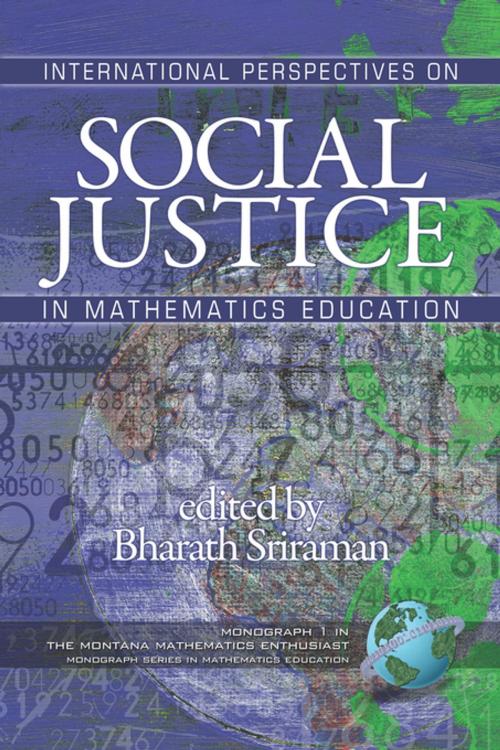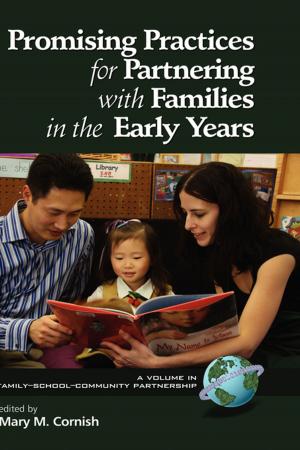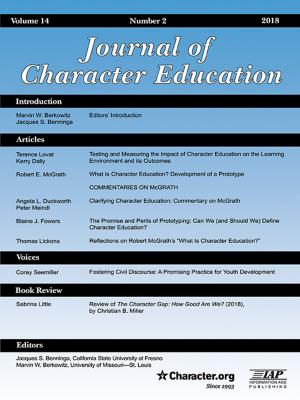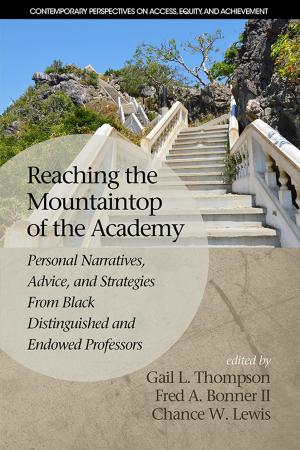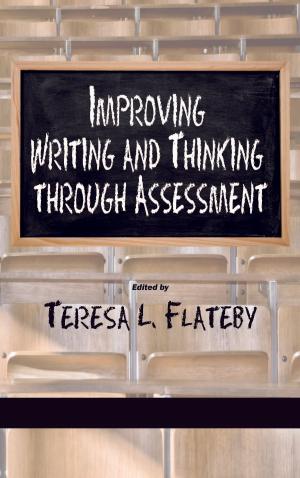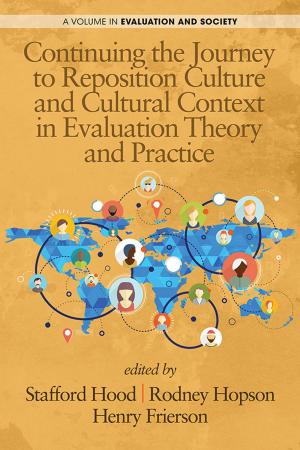International Perspectives on Social Justice in Mathematics Education
Nonfiction, Science & Nature, Mathematics, Research, Study & Teaching, Reference & Language, Education & Teaching| Author: | ISBN: | 9781607526148 | |
| Publisher: | Information Age Publishing | Publication: | December 1, 2007 |
| Imprint: | Information Age Publishing | Language: | English |
| Author: | |
| ISBN: | 9781607526148 |
| Publisher: | Information Age Publishing |
| Publication: | December 1, 2007 |
| Imprint: | Information Age Publishing |
| Language: | English |
International Perspectives and Research on Social Justice in Mathematics Education is the highly acclaimed inaugural monograph of The Montana Mathematics Enthusiast now available through IAP. The book covers prescient social, political and ethical issues for the domain of education in general and mathematics education in particular from the perspectives of critical theory, feminist theory and social justice research. The major themes in the book are (1) relevant mathematics, teaching and learning practices for minority and marginalized students in Australia, Brazil, South Africa, Israel, Palestine, and the United States., (2) closing the achievement gap in the U.K, U.S and Iceland across classes, ethnicities and gender, and (3) the political dimensions of mathematics. The fourteen chapters are written by leading researchers in the international community interested and active in research issues of equity and social justice.
International Perspectives and Research on Social Justice in Mathematics Education is the highly acclaimed inaugural monograph of The Montana Mathematics Enthusiast now available through IAP. The book covers prescient social, political and ethical issues for the domain of education in general and mathematics education in particular from the perspectives of critical theory, feminist theory and social justice research. The major themes in the book are (1) relevant mathematics, teaching and learning practices for minority and marginalized students in Australia, Brazil, South Africa, Israel, Palestine, and the United States., (2) closing the achievement gap in the U.K, U.S and Iceland across classes, ethnicities and gender, and (3) the political dimensions of mathematics. The fourteen chapters are written by leading researchers in the international community interested and active in research issues of equity and social justice.
